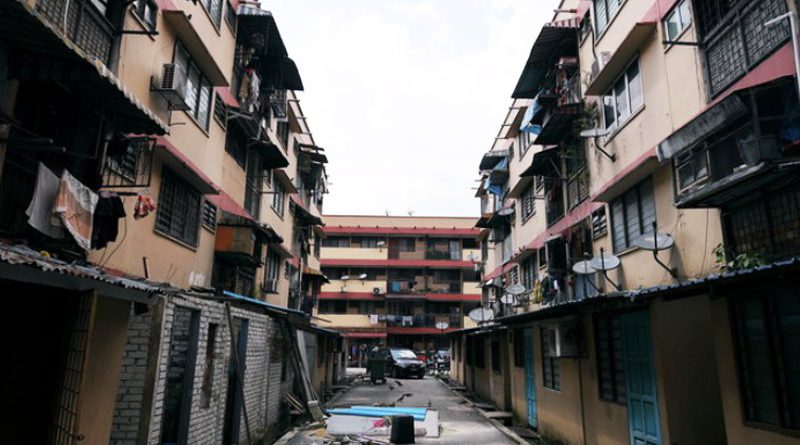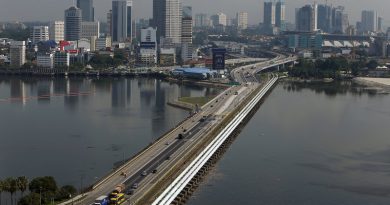Poverty line in Malaysia should be 3 times higher, says expert
PETALING JAYA: An economist has called for greater access to data for independent researchers in the field of poverty and inequality, saying this is crucial to gauging government policies and mapping out effective anti-poverty plans.
Economist and international poverty expert Martin Ravallion also suggested that based on the country’s robust economic growth, the actual poverty line should be three times higher than it is now.
Ravallion said researchers could only measure the true state of poverty in Malaysia by using the “raw micro-data” of household surveys conducted by the Department of Statistics (DOSM), which is presently not open to the public.
“Virtually all of the surveys done by DOSM are not publicly available in the right form for researchers,” he said.
Ravallion, who is the current visiting chair for the Ungku Aziz Centre for Development Studies at Universiti Malaya, said access to micro-data would encourage more research and validate the numbers produced by DOSM.
Micro-data refers to survey responses by individuals. For instance, a national census might collect age, home address, education, employment, and other variables, recorded separately for every person who responds.
“We can use this to understand the real causes of poverty and inequality, and to map it. All the important questions that researchers have about Malaysia – about inter-ethnic inequality and also inequality within the ethnic groups themselves – can be addressed with this kind of data,” Ravallion said.
But using micro-data is difficult, and local researchers may need further training in order to analyse it.
Ravallion also said data transparency in Malaysia was “well below” the standards expected of a developed country.
Using Indonesia for comparison, he said its national statistics department had been providing micro-data for research purposes for the past 40 years.
“DOSM does a very good job. It’s moving in the right direction but it needs to move much further.”
Ravallion added that measuring the poverty rate based on household income, which is common practice in Malaysia, was “unusual”.
He said internationally, income is usually divided by the number of people or equivalent single adults.
He said Malaysia’s poverty line – RM6 to RM7 per person per day – had not been officially raised to meet current international standards, which is approximately US$12 or RM49.30.
“Right now, based on these measures, only 0.4% of people are living under the poverty line, but there could be errors in the measurement of the data,” he said, adding however that such errors were normal.
He said Malaysia’s relatively low poverty line also indicated that there was virtually no poverty in the country.
As a result, he said, social enterprises and the relevant ministries allocate handouts and plan policies by targeting the bottom 40% of the population, or the B40.
However, Ravallion said programmes aimed at the B40 might not always reach the poorest of the population.
He argued that poverty could be reduced by increasing the “floor”, which refers to the minimum level of consumption for food, shelter and other necessities by the poorest individual.
In Malaysia, he said, the floor had risen since independence, but not as much as it should.
Ravallion said certain policies, especially those related to fundamental education and healthcare, were working, although they could be improved.
“Key things like basic healthcare and education are there, but Malaysia could do more and increase social protection to make sure that poor people aren’t left out,” he said.
In the global context, he added, Malaysia was not faring too badly in terms of poverty.
“Every country needs to make more effort to raise their floor. In the US, the floor has been on a downward trend since 1960s.”
He also said the affirmative action policies seen in the New Economic Policy adopted in 1971 had not done much to alleviate poverty in Malaysia.
“What it did was improve economic growth, inequality between ethnicities and inequality within specific ethnic groups,” he said, adding that many of the benefits were felt by non-poor Bumiputera groups.
However, he said such policies were no longer as relevant as they once were.
“Malaysia needs to move on from that kind of dialogue. Anti-poverty policies should be colour and ethnicity-blind,” he said.
Source: FMT




